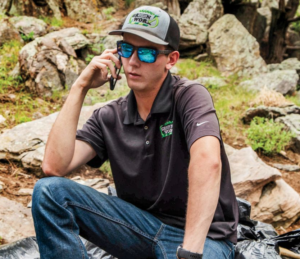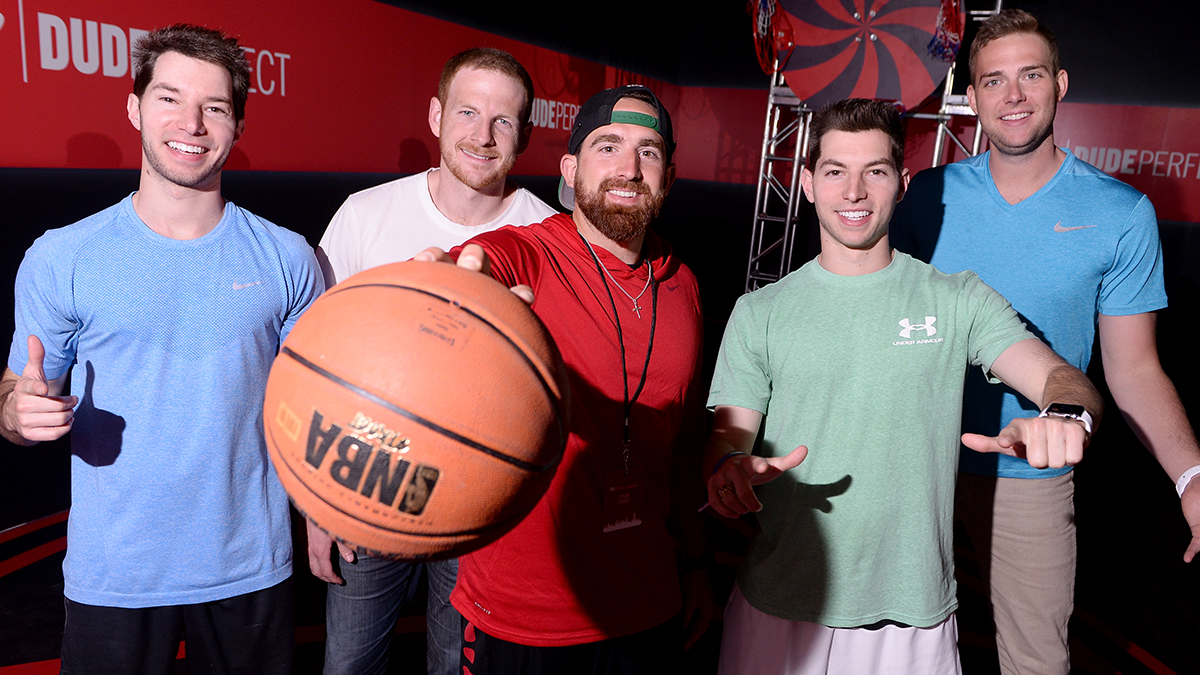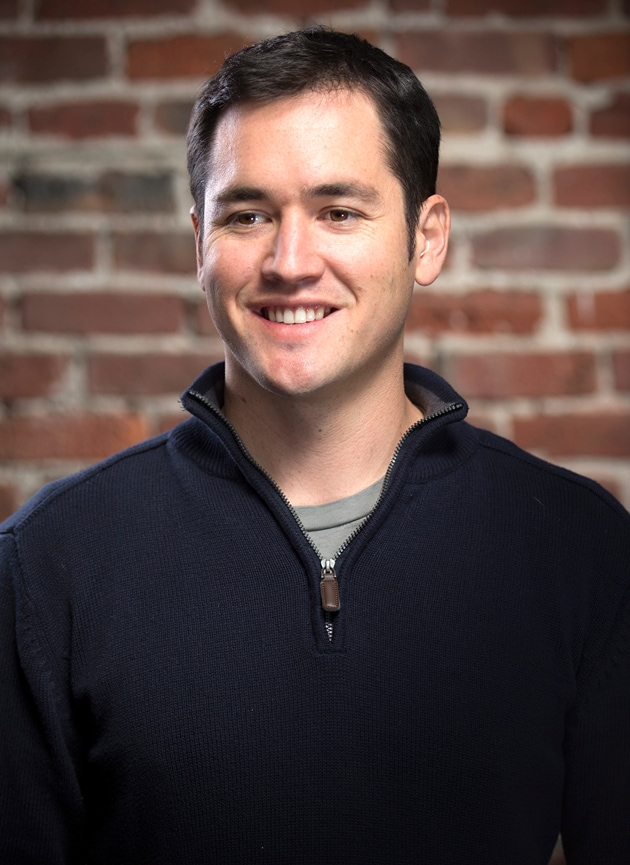 Based out of Golden, Colorado, RJ Duarte was only eight years old when his entrepreneurial ventures started. Motivated by his desire to buy himself candy, Duarte started his lawn mowing business in 2008 with one lawn mower, a red wagon, and five weekly lawn mowing clients. He began to take his business seriously by his third season and invested his savings back into his company. Duarte’s dedication, commitment, and incredible work ethic as an entrepreneur are evident as his income tripled every year since he began his business.
Based out of Golden, Colorado, RJ Duarte was only eight years old when his entrepreneurial ventures started. Motivated by his desire to buy himself candy, Duarte started his lawn mowing business in 2008 with one lawn mower, a red wagon, and five weekly lawn mowing clients. He began to take his business seriously by his third season and invested his savings back into his company. Duarte’s dedication, commitment, and incredible work ethic as an entrepreneur are evident as his income tripled every year since he began his business.
As Duarte began middle school, his business had grown too large to handle himself. He chose a friend from middle school, Owen Johnson, to be a partner in his landscaping business. Two years later, Duarte and Johnson decided they needed a name for their company- they eventually landed on Green Worx. Green Worx had grown much larger than the mere neighborhood lawncare service it started as. After working with Green Worx for over five years, Johnson decided to part ways with the company in order to pursue a college education after graduating high school. Duarte and Johnson, however, still frequently meet as friends to discuss Green Worx and life in general. As Duarte was contemplating going to college and running his company from school, Green Worx was pulling in six figures from annual revenue. He decided to focus on growing his company and work on creating a full-scale landscaping business.
One way that Duarte demonstrated he was an excellent, young entrepreneur was through his willingness to take risks. After high school, in 2019, Duarte made the decision to drop Grenn Worx’s small clients and, instead, rebrand as a premium landscaping and maintenance company. This meant that he would be undertaking large-scale, intricate landscaping and construction projects. Green Worx added two construction crews and lots of new equipment to the company. Duarte knew how risky the shift in scale would be for the business but deci ded to continue with it anyway. “It’s higher margins for more risk,” he says. “That comes with headaches, but without headaches, there’s no reward.”
ded to continue with it anyway. “It’s higher margins for more risk,” he says. “That comes with headaches, but without headaches, there’s no reward.”
Green Worx was incredibly successful throughout the years. In 2015, Duarte and Johnson had won first place in the Celebration for Young Entrepreneurs and also won the Young Americans Bank Business Award. In 2016, the newsletter, The Golden Informer, wrote an article about the success of Green Worx and put Green Worx on the front cover. In that same year, Green Worx was nominated and won the Young Entrepreneur of the Year award By Ernst & Young Foundation. By the end of 2016, Green Worx was 300% bigger than the year before. Green Worx continues to steadily grow. In 2019, the company brought in $750,000 in revenue. Duarte was never afraid of the workload and was always searching for new ways to expand and grow his business. Green Worx’s success is built off of his hard work and devotion to his craft.
Click here to read more about Green Worx.










